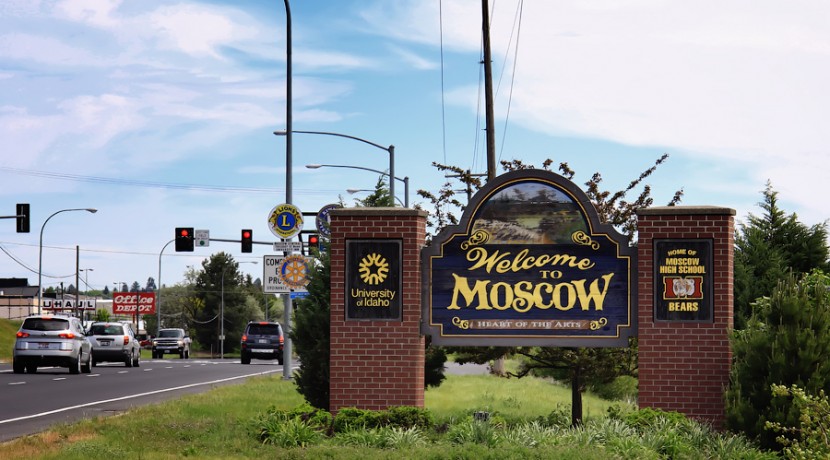A Winning Formula for Local Humanism

A political blue dot in the middle of a sea of red, the town of Moscow, ID, is an isolated example of how a locally focused push for humanism can be successful—even in a hostile region. The home of the University of Idaho, Moscow is just across the state line from Pullman, WA, the home of a Washington State University campus. The two campuses make this “twin city” area one that isn’t nearly as conservative—religiously and politically—as the rest of the region, and provide an opening for the growth of humanism.
In 2009 the American Humanist Association (AHA) had only two members in the area surrounding Moscow-Pullman, located in the region of the Pacific Northwest known as the Palouse. With the assistance of an anonymous donor, the AHA launched a continuing and concerted effort that included billboard, newspaper, online, and radio ads, along with a large multi-day event for Darwin Day each February. The number of AHA members and supporters in the area skyrocketed to 266, and a new local humanist group formed called Humanists of the Palouse.
Tyler Palmer, founder and president of the group, moved to the area in 2011. After talking to people from the United Coalition of Reason at a local farmer’s market and seeing one of the humanist billboards, he decided to form Humanists of the Palouse with seven members. In doing so, he was going up against a strong local Christian fundamentalist presence, including conservative New St. Andrews College, a school profiled in 2007 by the New York Times for their religious views and practices.
Employing the idea that a small but focused attempt to draw out those who would otherwise stay “in the closet” about their humanism, local secular groups now also include affiliates of the Secular Student Alliance at the University of Moscow and Washington State University. For the last three years, the groups have organized Darwin on the Palouse, one of the country’s largest Darwin Day events, and have included speakers such as Daniel Dennett, Julia Sweeney, and Dan Barker.
In an ironic twist, the humanist effort gained additional attention and momentum when a local billboard was vandalized. Local media covered it, and additional coverage was garnered when a request was made by a resident to have the Moscow town council ban an AHA billboard.
Growing secular activity from the area has also been getting media attention from outside the Palouse, including news and feature stories. Today Humanist on the Palouse has over 120 active members, and they maintain an active Facebook page outlying their local activities.
The ongoing effort in the Moscow-Pullman area to bring humanists out from hiding shows that it can be done as long as there is a willingness to make a sincere and prolonged effort. There are humanists everywhere, including in places where anti-humanist hostility is the norm. Sometimes all it takes for a humanist awakening is to provide the method for them to find each other.Tags: Humanists of the Palouse, Idaho, Moscow
